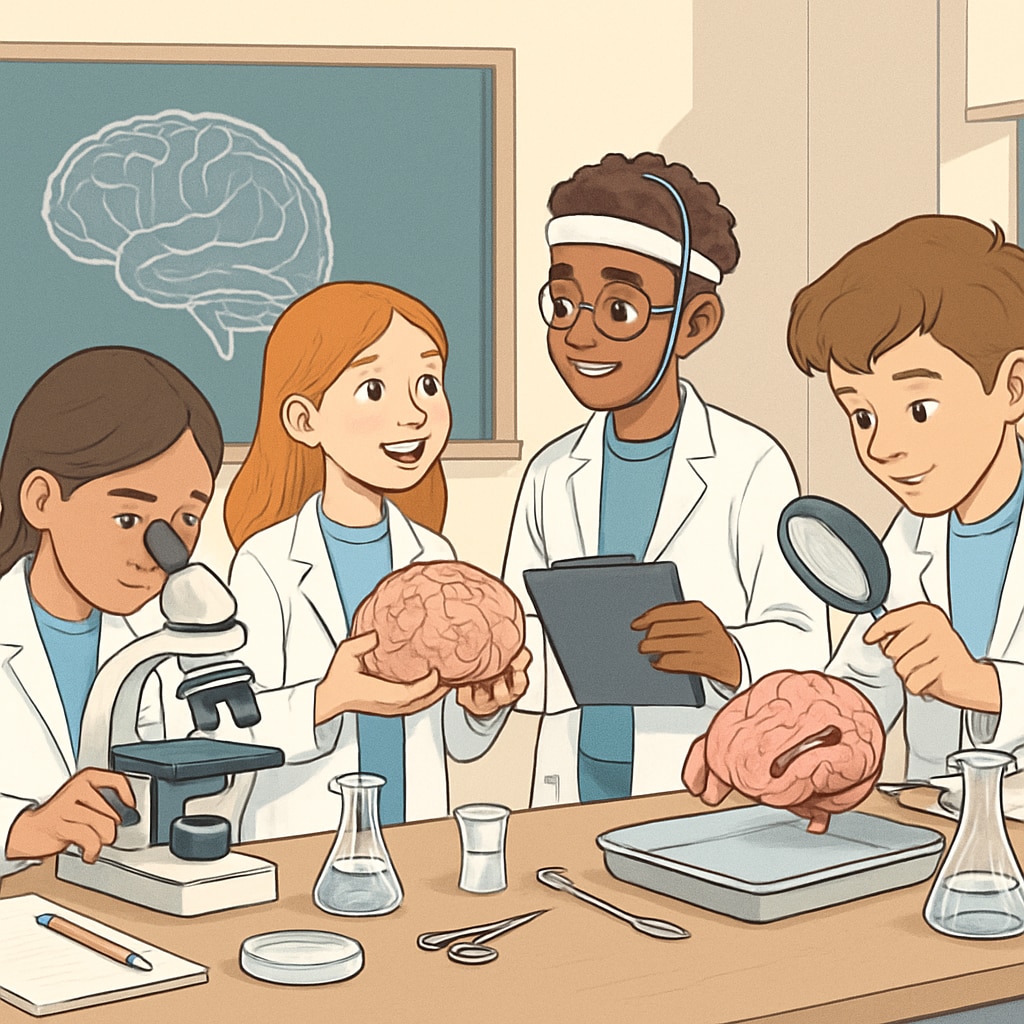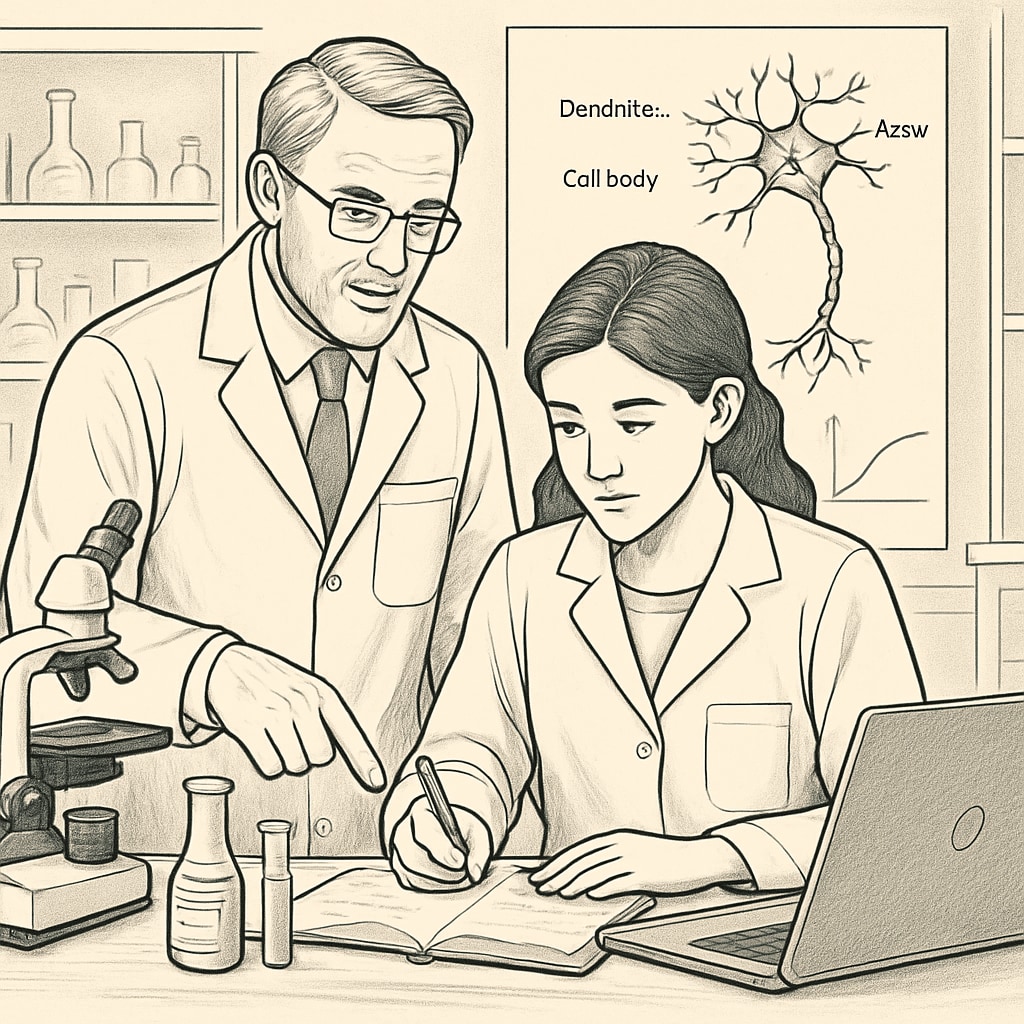Gifted students with aspirations for high-level careers, such as neurosurgery, often face unique challenges in finding the right learning resources to enhance their academic excellence. Identifying and providing tailored educational support is crucial to ensure these students can thrive, stay motivated, and achieve their long-term goals. This article discusses practical strategies and systems that can empower gifted K12 students to reach their full potential in academic performance and career readiness.
Challenges Faced by Gifted Students
Despite their advanced abilities, gifted students often encounter obstacles that hinder their academic growth. For example, traditional school curriculums may not be designed to challenge their intellect or nurture their specific interests, such as neuroscience or surgery. Furthermore, these students may struggle with feelings of isolation or pressure to conform to the norms of their peers.
Key challenges include:
- Lack of access to specialized learning resources tailored to their interests.
- Insufficient mentorship opportunities to guide them toward advanced careers.
- Social and emotional difficulties, such as anxiety from high expectations.

Effective Strategies for Learning Enhancement
To help gifted students excel academically and prepare for demanding fields like neurosurgery, educators and parents must implement targeted strategies. These approaches should focus on fostering intellectual curiosity, providing specialized resources, and supporting emotional well-being.
Here are some recommended strategies:
- Enrichment Programs: Encourage participation in extracurricular activities like STEM clubs, neuroscience camps, or online courses that align with their career interests.
- Mentorship: Connect students with professionals in fields such as neurosurgery, who can offer insights and guidance about career paths.
- Advanced Curriculum: Facilitate access to accelerated coursework or advanced placement classes in science and mathematics.
- Emotional Support: Provide counseling services to address stress and self-esteem challenges.
For instance, platforms like Britannica Neurosurgery and Wikipedia Neuroscience offer foundational information that can inspire deeper exploration into complex topics.

Building a Sustainable Support System
Creating a sustainable system for gifted students requires collaboration among schools, parents, and communities. This holistic approach ensures that students have access to the resources, encouragement, and opportunities needed to achieve their academic goals.
Suggestions for building such systems include:
- Establishing partnerships between schools and universities for early exposure to advanced research.
- Providing scholarships or grants for gifted students to attend specialized programs.
- Encouraging peer networks where students can share experiences and support one another.
As a result, students will benefit from a nurturing environment that not only enhances their academic performance but also prepares them for the rigorous demands of neurosurgery and other elite fields.
In conclusion, supporting gifted students requires a multifaceted approach that combines tailored learning resources, mentorship, and emotional support. By addressing these needs, educators and parents can help these exceptional students achieve academic excellence and pursue fulfilling careers in neurosurgery or other specialized disciplines.


